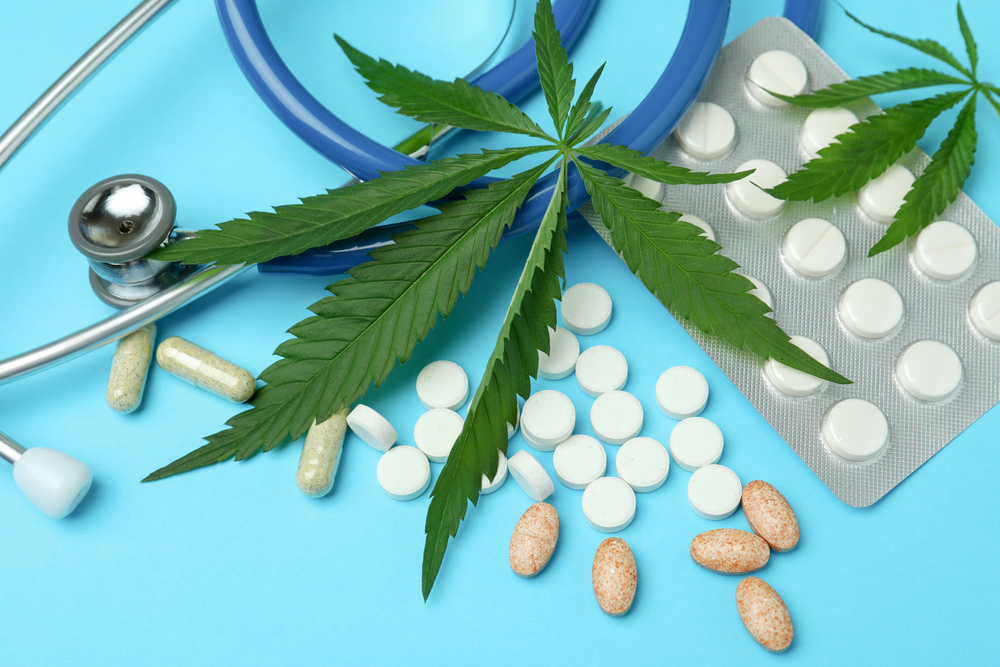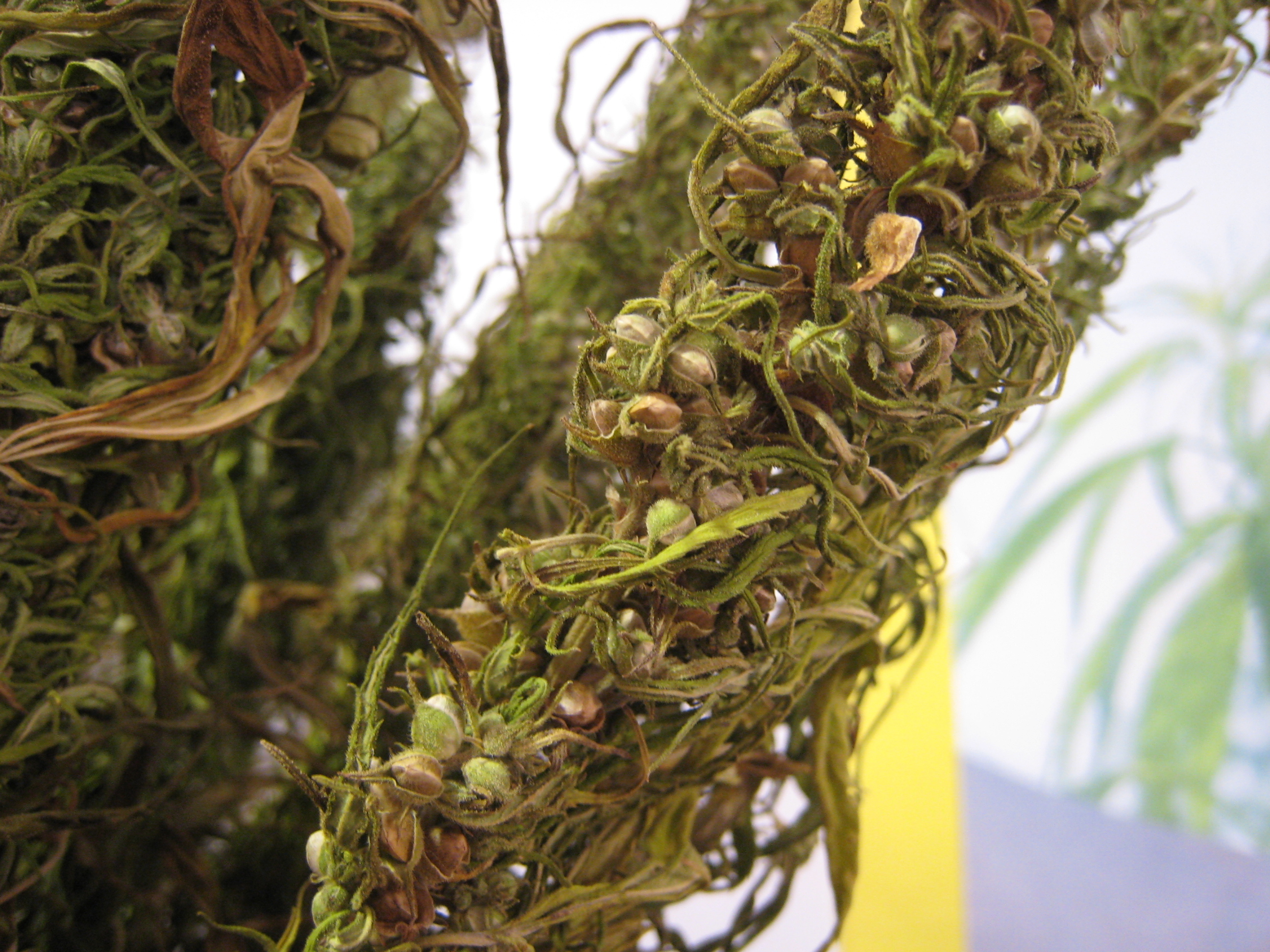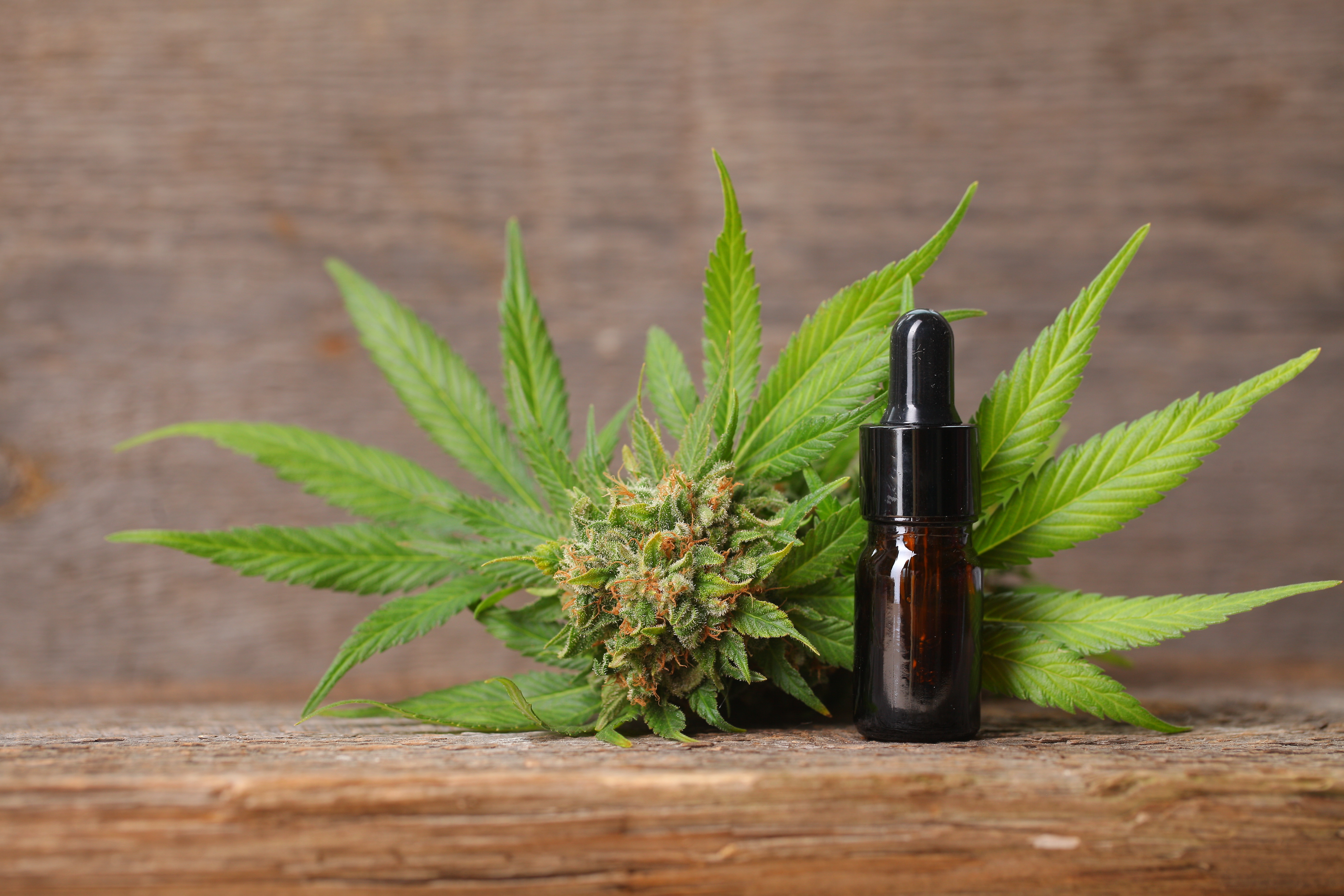Why Accurate Potency Testing in Medicinal Cannabis Matters — And How Labs Get It Right
When patients rely on medicinal cannabis to help manage conditions like epilepsy, chronic pain, or multiple sclerosis, potency accuracy isn’t...
You’ve got a new CBD product. The packaging looks great. But what’s actually inside? How much CBD is active? Is it compliant and consistent?
This is where proper testing becomes essential.
In this guide, we’ll break down what CBD is, how it differs from THC, and why accurate testing matters for producers, processors, retailers, and the people who rely on these products every day.
CBD (cannabidiol) is one of the main cannabinoids found in the cannabis plant. It doesn’t produce a high, which is why it’s gained popularity in a wide range of wellness-focused products — including oils, balms, supplements, beverages and cosmetics.
It’s typically extracted from hemp, a strain of cannabis bred to contain very low levels of THC. In the UK and many European countries, CBD is legal in non-medical products, provided it meets strict safety and purity standards.
In the UK, CBD is classed as a Novel Food, meaning it requires formal authorisation before being sold for human consumption. Brands are also restricted from making health or therapeutic claims about its effects unless specifically approved.
CBD can appear in different forms depending on how the plant is processed — including its raw acidic form (CBDA) or active neutral form (CBD). Testing is essential to confirm which is present and how much active compound a user will actually consume.

Why Does CBD Matter?
CBD interacts with the body’s endocannabinoid system, which regulates key functions like sleep, inflammation, mood and pain. It’s commonly used for:
Better sleep
Stress and anxiety relief
Pain and inflammation management
General wellbeing
And while it’s not a medicine, CBD has shown potential therapeutic benefits in a growing number of peer-reviewed studies.
NIH Study: Cannabidiol in anxiety and sleep
But for any of these benefits to be meaningful, the product must contain the correct dose of active CBD. At the moment, the CBD market is flooded with products that make bold claims without lab data to back them up.
Testing is how responsible producers prove quality — and how consumers make informed choices.
Cannabidiol (CBD) is often present in cannabis plants in its original, non-active form called Cannabidiolic Acid (CBDA). This acidic precursor converts into CBD when it’s exposed to heat — a process known as decarboxylation.
That conversion happens during activities like vaping, smoking, baking, or industrial processing. Without this step, much of the cannabinoid content remains in its raw, inactive form (CBDA), which may not have the same effects.
Testing helps determine:
How much active CBD is already present
How much CBDA could convert during use
This matters for dosing accuracy and product labelling — especially in oils, extracts, or topicals where decarboxylation may not naturally occur.
CBD is usually tested using Gas Chromatography (GC) or Liquid Chromatography (LC). Each offers different insights depending on what you need to measure.
Gas Chromatography (GC) heats the sample, converting CBDA into CBD during the process. The result shows total active CBD — ideal for oils, flower, and baked or inhaled products.
Liquid Chromatography (LC) doesn’t use heat, which means it detects CBDA and CBD separately. This makes it useful for topicals, raw extracts, or products that won’t be decarboxylated by the consumer.
If your goal is to understand what the consumer will actually absorb, GC gives the clearest, most practical answer.

Testing isn’t just about regulatory compliance. It’s about quality, reputation, and trust.
For producers: it ensures consistency batch to batch.
For brands: it supports accurate labelling and formulation.
For retailers: it helps confirm product safety and potency.
For consumers: it provides confidence in what they’re using.
When someone buys CBD to help with sleep or manage anxiety, they’re trusting that the label reflects reality. Responsible testing helps businesses keep that promise.
CBD is one of the most widely used cannabinoids on the market. But without accurate testing, even a well-made product can fall short of expectations.
With the right GC setup, you can measure active CBD directly, confirm potency, and give customers the confidence they deserve. It’s the foundation of product consistency and trust — whether you’re formulating at scale or just getting started.
If you're producing or selling CBD and want to explore how GC testing could support your workflow, our team is here to help.
Shamanics, a CBD oil producer based in the Netherlands, wanted tighter control over product quality and cannabinoid content. By bringing GC testing in-house using the Ellutia 200 Series, they were able to routinely track potency, reduce variability and confidently back their product claims.
Resources:
Visit our website: https://www.ellutia.com
Watch more informative videos: http://www.youtube.com/@Ellutia

When patients rely on medicinal cannabis to help manage conditions like epilepsy, chronic pain, or multiple sclerosis, potency accuracy isn’t...

Nitrosamines are among the most tightly regulated contaminants in pharmaceuticals, food, and tobacco, yet in cannabis, they are barely on the...

Most people associate cannabis with THC and CBD. But if you’ve ever wondered why one strain lifts you up while another winds you down, the answer...